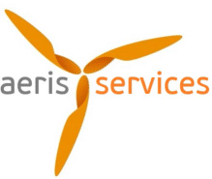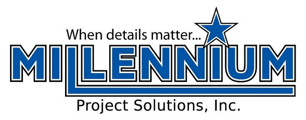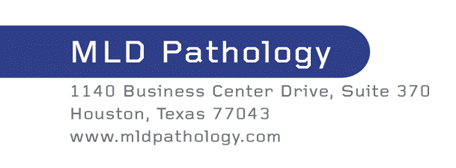When employees occasionally sell or solicit fundraisers during work hours it is usually noninvasive and doesn’t necessarily need to be addressed. These sort of activities typically involve parents selling their children’s school fundraiser items or employees seeking pledges for participating in a charity walk. However, if selling or soliciting in the workplace is causing disruption, it may be time for you address the issue.
A company probably doesn’t have an issue with an employee selling Girl Scout cookies for their child however there are some unintended consequences an employer needs to consider when allowing fundraising in the workplace. If an employer does allow fundraising during work hours, according to the National Labor Relations Act, the company must also allow for union organizational meetings during work hours. Unfortunately you can’t say yes to selling Girl Scout cookies during work hours and no to union meetings! Even if you’re company is not concerned about union activity, solicitation for charities or fundraisers can waste time on the job and make some employees feel pressured to make purchases or contributions they can’t afford.
So what is the right answer? Many companies are turning to having a no-solicitation policy that prevents fundraising during working hours. By law, this does not prevent employees from asking for donations or selling fundraising items during non-work hours, such as during breaks or lunch hours. Allowing fundraising actives to be handled on non-work hours in break or lunch rooms has become the common practice at companies today.
If you are considering creating a no-solicitation policy, there are a few things you should think about including.
- Make sure that the phrase “work hours” is defined so as to specifically exclude breaks and lunch time. You cannot control employees when they are not at work or on the clock.
- Define work areas and non-work areas so that there is no room for misunderstanding where employees may not engage in distribution and solicitation.
- Most policies include that company email can not be used to advertise items for sale or for fundraising.
Most no-solicitation policies are kept short and to the point. Companies are implementing no-solicitation policies to avoid conflict and favoritism as well as making sure they aren’t setting themselves up for union activity during work hours. If fundraising is not an issue in your company then maybe a no-solicitation policy isn’t necessary but might be something to consider down the road.
If you have any questions in regards how your company should handle employee fundraising or a no-solicitation policy, feel free to contact the Achilles Group at 281-469-1800 and we are happy to help.














































